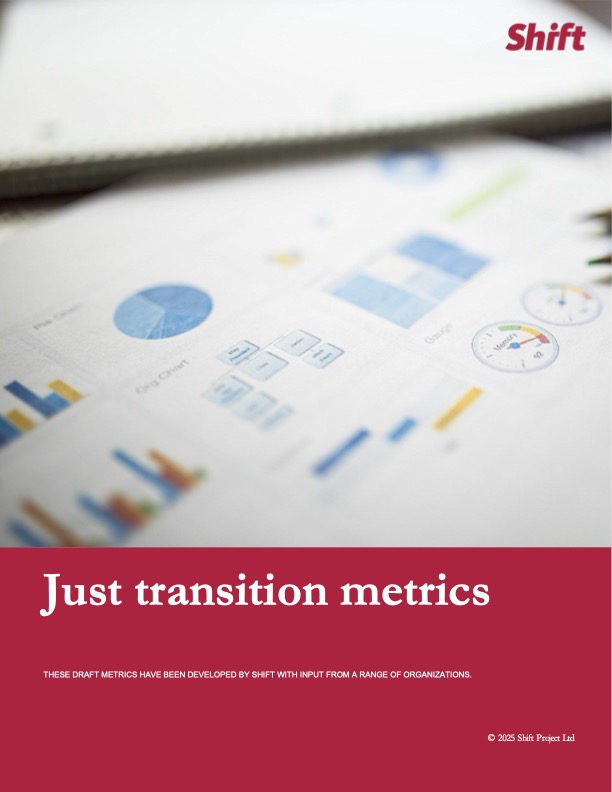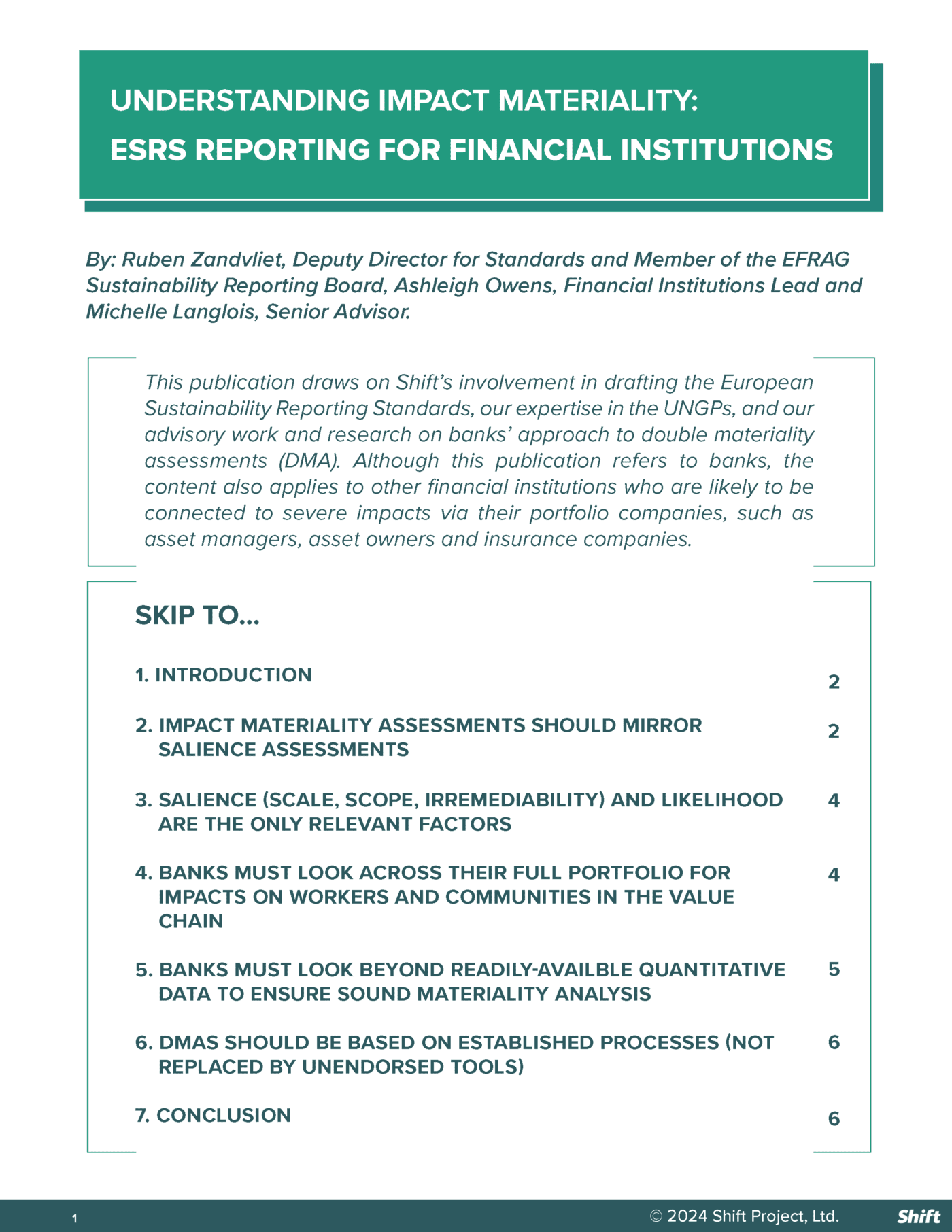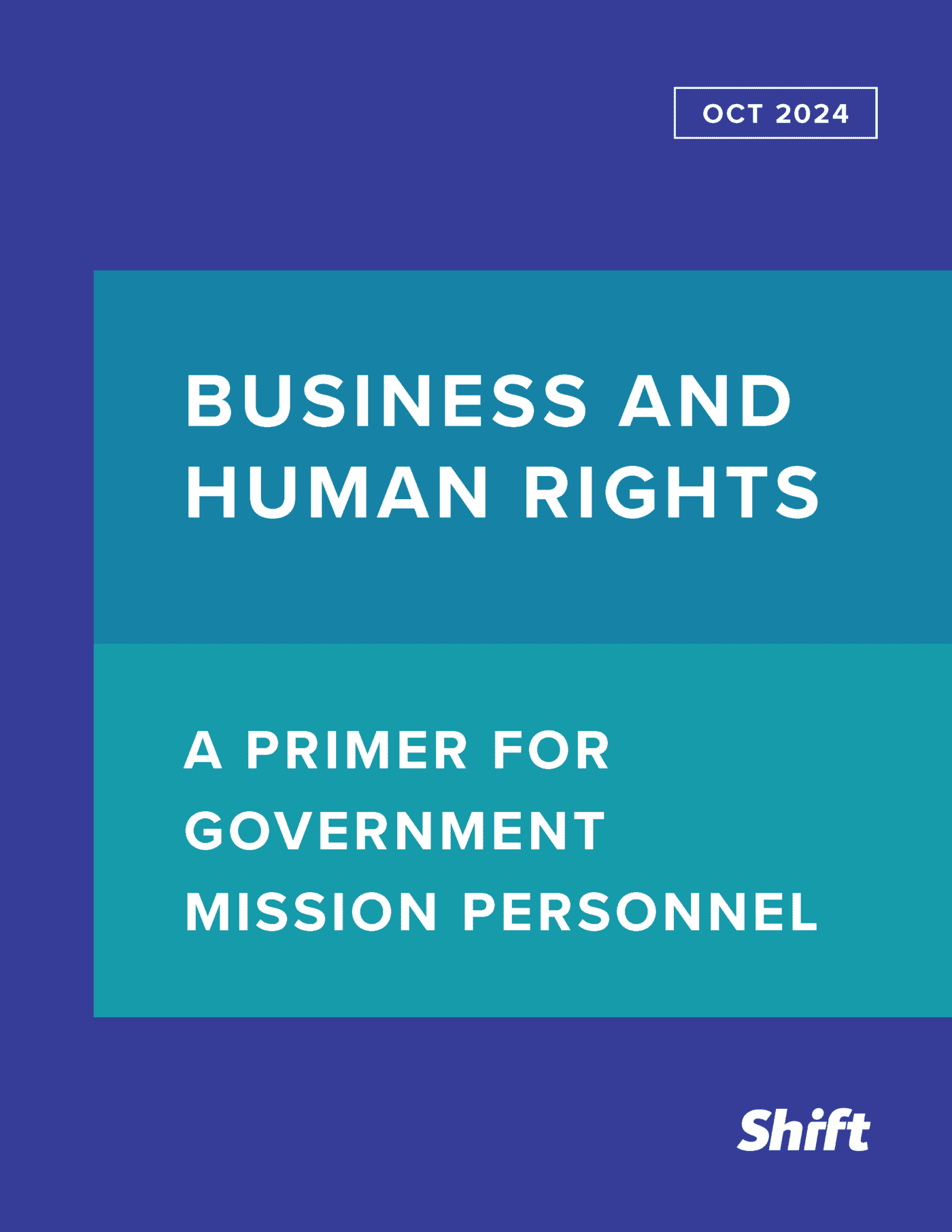Boston, MA | These remarks were delivered by Caroline Rees at the memorial service held in honor of John Ruggie on November 20, 2021 at Memorial Church, Harvard University.
The Ruggie Principles, with a small ‘p’
The Ruggie Principles. That’s the name by which so many people around the world refer to the UN Guiding Principles on Business and Human Rights — one of the towering achievements of John’s career. After decades of bitter disagreement among governments about the responsibilities of companies toward society, John built, block by block, a critical consensus on the foundations of a simple proposition: that all companies have a responsibility to respect the human rights and dignity of people whose lives their business affects.
Yet the simplicity that the Guiding Principles represent is deceptive. John used to hearken back to the saying attributed to Oliver Wendell Holmes Senior that, ‘I give not a fig for the simplicity this side of complexity, but I’d give my arm for the simplicity that lies the other side.’ The simplicity of the propositions in the Guiding Principles was wrought by understanding, grappling with and mastering complex realities that cut across rule-making, markets, and societies.
John took a conversation that had long been about how companies may choose to spend their profits and made it squarely and firmly one about how they make their profits. An idea that seems almost ludicrously obvious today has become so in good part due to the fundamental changes in mindset and assumptions that the Guiding Principles first crystallized, and then normalized.
Yet those Ruggie Principles with a capital ‘P’ would not exist as they do, nor have had the impact they already have, were it not for some Ruggie principles with a small ‘p’. Those principles are not written down, nor were they ever spoken or discussed. But they were there in John’s everyday work and life as so many of us saw. They were as important to his achievement of the Guiding Principles as were his extraordinary intellect and academic credentials. Let me briefly share three of them with you.
Ruggie principle #1: Always assume there are as many great insights to be gained from the people who stand in the shadows of power and policy-making as there are from those who stand in their spotlight.
What John heard and learned from community leaders in the Peruvian Andes struggling with the effects of mining on their livelihoods and culture; what he heard from workers in Asia, and from union representatives in the US and Europe struggling with some of the harsh realities in factories and plantations — what he heard from all these people impressed him deeply.
He valued the distinct perspectives they brought, and which were so often missed or ignored or reframed by others to serve their own ends. They stayed with him and fundamentally shaped his thinking.
They can be found woven throughout the lines and the vision of the Guiding Principles.
Ruggie principle #2: Cherish the simple wonders of this life that reflect our common humanity.
Those of us on John’s UN mandate team used to look forward each summer to the photos that would arrive once he finally got to his summer break on Cape Cod with his beloved Mary. Photos of stunning sunsets, but which punctured the visual cliché and transmitted his personal delight by including his toes in the forefront of each shot.
John’s delight in his family was as evident as his delight in the natural world around him. Whenever he spoke of Mary or Andreas — and latterly of Leda, his new daughter-in-law — he would literally glow from head to toe.
He knew that these simple joys in our world and in our loved ones are what connect us as people, no matter how many other barriers and differences we strive to create.
Ruggie principle #3: Never take yourself too seriously.
John was a master of the emoji and the clown was his favorite. Pure John.
He never talked about the work of developing the Guiding Principles in the first person singular — always the first person plural. It was always about what ‘we’ — his team — achieved. He felt no need to claim it for himself alone.
He never talked about the work of developing the Guiding Principles in the first person singular — always the first person plural. It was always about what ‘we’ — his team — achieved. He felt no need to claim it for himself alone.
And as the reach and impact of the Guiding Principles expanded, that ‘we’ expanded to include all the people around the world using them to make a difference. He reveled in their successes and championed their work wherever and however he could.
And while John was often received in his travels — his meetings with Presidents, Ministers, business leaders — with quite some pomp and ceremony, he was — albeit respectful and appreciative — also always slightly amused, even bemused, to find himself the center of such attention. After all, he was just John.
The Ruggie Principles with a capital ‘P’ will go on in the world and continue to shape the future of how business gets done and how that, in turn, shapes our societies. There is a veritable army of us on all continents who stand ready to make sure that they do so; an army John never had to stand up or call to arms. We just saw the Ruggie principles with a small ‘p’ in action, and we knew: this guy — what he stood for, and what he stood up for — was for real.

 By Caroline Rees
By Caroline Rees



